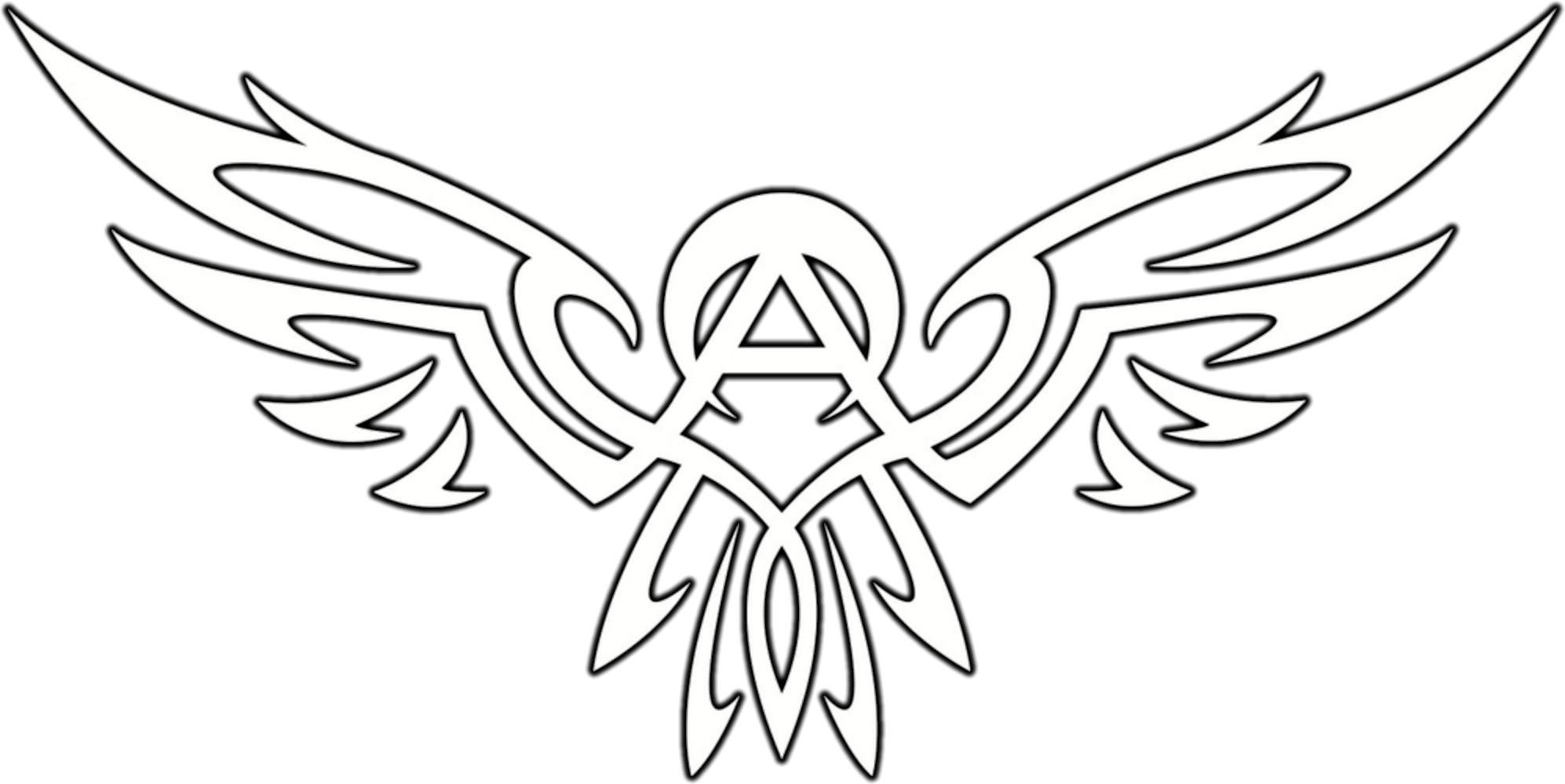Raising children in the modern world is certainly a difficult task considering all the external factors that may affect how our children’s values, morals, and principles are molded. There are no parenting manuals or guides with which parents could refer to in order for them to be able to raise children who are kind, just, caring and respectful.
Martial arts could be one of the tools parents can utilize in order for them to be able to raise children who will become great people, citizens, and contributors to society.
The discipline and attitudes our children are able to develop through martial arts is a big help. Apart from that, respect for others becomes a lesson that children automatically learn through their practice of martial arts.
The practice of martial arts is one of the most effective tools by which parents can teach their children life skills that will be able to help them grow up to be respectful, responsible, considerate, and productive individuals throughout their lives.
How do children learn about respect through martial arts? Let’s take a closer look. Today, American Karate Institute shares five things martial arts teaches children about respect.
1) It teaches them to listen to their elders or to their advanced peers
Martial arts training involves interaction between the student and the teacher. There is no way children will be able to practice any form of martial art if they do not develop a respect for their seniors, trainers, and coaches.
The connection between the trainer and the student is vital and respect is something that the child learns early on if he or she aims to learn the basics of any form of martial art. Furthermore, children learn to respect their peers who may be more advanced than they are. Practitioners are always encouraged to help each other in training.
Ultimately, children learn to respect their trainers for the experience and skills they are able to share with them, and at the same time, they will learn that their trainers respect them as well for their willingness to improve themselves through martial arts training.
2) The bow is a sign of respect
All martial arts practitioners begin their training with a bow for their trainer or their training partners. The bow is a symbol of deep respect and signals their readiness to focus on the training at hand.
It shows a respect for the space and the environment upon which they are entering. It also signifies and acknowledges the respect for the knowledge, skills, and rank of the trainer. It shows that you honor the other person’s capabilities regardless of skill and experience.
This is very important in martial arts. Contrary to collective belief, martial arts isn’t breeding a culture of fighting, it is instead fostering a culture of respect towards each other. The bow is a significant symbol of the mutual respect among martial artists.
3) It teaches children that each person is different and to respect each other’s differences
Martial arts training involves a ranking system that differentiates skill and experience between practitioners. In the same vein, martial arts teaches children to respect each other’s differences regardless of ranking. Each person is accorded due respect whether he/she is just starting on their martial arts journey, or are further along than the rest.
Furthermore, martial arts is open to all kinds of people, men, women, and of all ages. It is welcoming to all and first teaches us that not everybody is the same. We all have different body types, different heights, and we all come from different cultures. Martial arts teaches our children to respect and celebrate our differences as human beings.
4) Humility and respect
Humility is an integral part of respect. Not everyone wins every match. In martial arts, losing and failure is as much an important aspect of personal development as winning is. The truth is, there is always someone with greater skills who will be able to defeat you. It is important to be humble and respect your opponents whether you win or lose the match.
Children learn this easily during martial arts training. They learn to be humble in their victory and respectful of their opponent’s capabilities despite winning or losing.
Children’s perceptions, attitudes, and interpersonal skills can be developed in the practice of martial arts. Martial arts develops positive behavior in and out of training by teaching children the most basic values such as respect.
5) Respect is key to how martial arts can help improve people’s lives
The respectful manner by which instructors, staff, and students conduct training and interactions has a powerful effect on a child’s outlook in life. Seeing these behaviors modeled in training is useful and the lessons are reinforced when parents demonstrate self-respect and courtesy for others in their daily interactions. Because children do what they see, showing respect for all becomes a natural habit.
Martial arts offers so much more in terms of power and growth. It is more than just simply learning how to kick or punch. Martial arts challenges individuals to push their own personal boundaries and go beyond them.
Improving oneself as a martial artist is an invaluable experience that develops confidence and a sense of determination that serves one well in all aspects and stages of their lives. The respect that students develop for their masters, teachers, fellow students, and their own abilities is projected, shared, and applied to their interpersonal relationships at home, school, and in the community.
The practice of showing and earning respect for others leads most martial arts students to become better citizens, better leaders, and better people overall.
Contact American Karate Institute for a Free Trial Class
At the American Karate Institute, we teach a way of life. Our Miami martial arts school and MMA Classes has developed a well thought out curriculum that teaches more than just the art of self-defense. We delve deep into our students’ technique, skill set, intelligence, intuition and overall physical fitness. Contact us today if you’re interested in mixed martial arts and self-defense classes and schedule your free-trial class!

